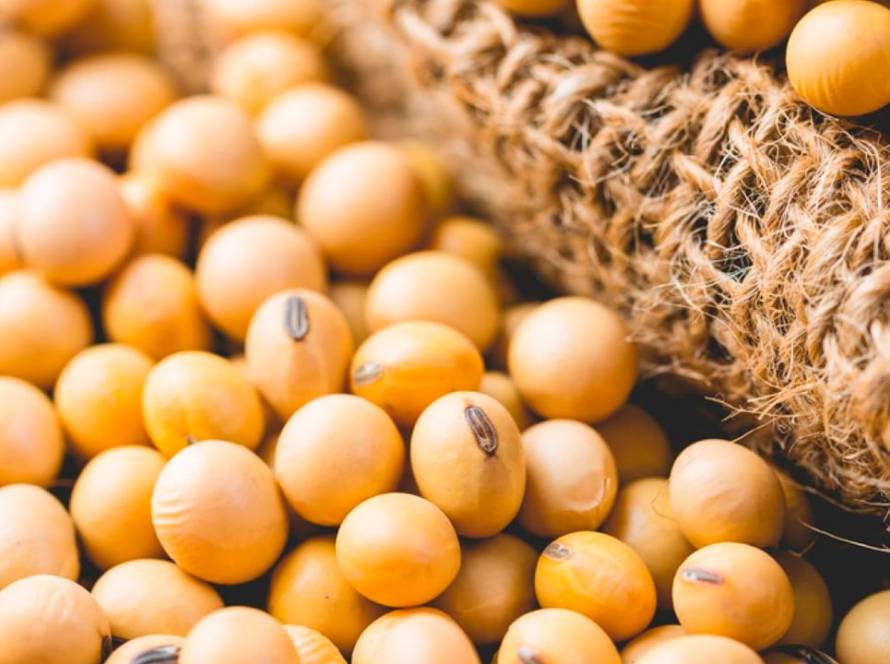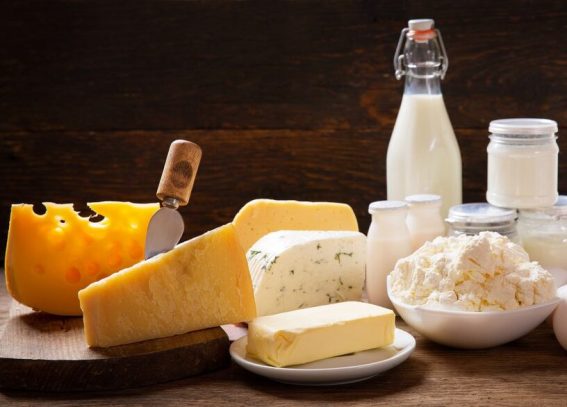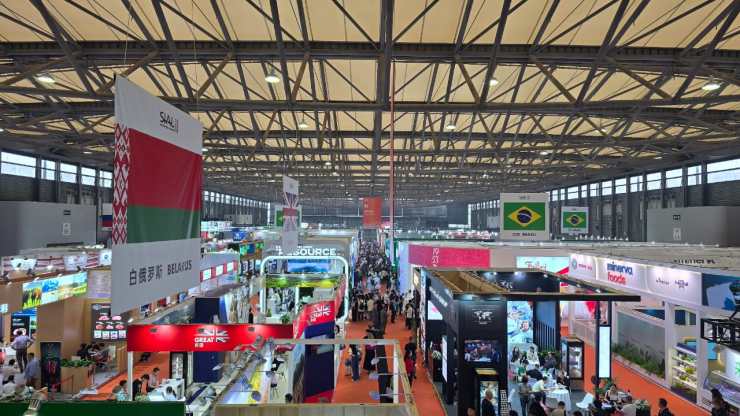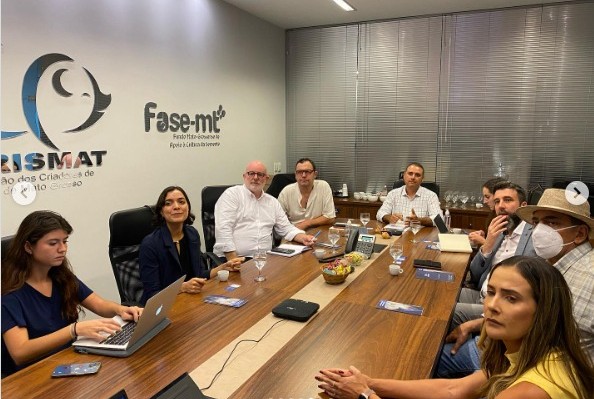The SADA Group – the largest logistics and transportation conglomerate for new vehicles in Latin America – announces an investment of R$1.1 billion in two innovative corn ethanol projects, which are being implemented at plants located in the cities of Jaíba, Minas Gerais, and Montes Claros de Goiás, Goiás. By adapting the plants to flex fuel, the SADA Group will be able to operate continuously year-round, with greater efficiency and synergy, mitigating the seasonality of sugarcane and ensuring a more stable supply of biofuel in the market.
To ensure corn supply, the Group will begin road shows in September targeting producers in the municipalities of Canarana and Querência (MT), Rio Verde and Paraúna (GO), and Luis Eduardo Magalhães (BA). Other events, with dates yet to be determined, will take place in the cities of Montes Claros de Goiás (GO) and Jaíba (MG). The goal is to establish strong partnerships for the continued supply of new operations.
"The dynamism of this market is evident, and this investment is strategic for expanding our presence in the agribusiness industry, diversifying our portfolio, and strengthening our position in one of the most promising segments of the Brazilian economy. The idea is to capitalize on the high demand for solutions that combine a presence in a sector where Brazil is competitive with the need for renewable energy production," explains Vittorio Medioli. The founder and president of Grupo SADA also explains that corn ethanol production will complement SADA Combustíveis' operations through its 11 distribution bases in 9 states.
According to the National Corn Ethanol Union (UNEM), corn ethanol production is expected to reach 15 billion liters annually by 2032, driven by new projects and the use of second-crop corn. Grupo SADA's investment reflects this robust growth in the biofuels agribusiness sector in Brazil and stands out for its long-term vision and intelligent use of resources.
Energy will be generated by burning sugarcane bagasse, and the reconfiguration of the plants will allow the reuse of boilers, steam turbines, power generators, and industrial water treatment, reuse, and cooling systems.
The investment in the plants will also increase revenue from the sale of byproducts generated in the process, such as DDGS (Distillers Dried Grains with Solubles), a byproduct of corn ethanol production, widely used as a raw material for animal feed due to its high protein content, and vegetable oil. In Montes Claros de Goiás, the projected annual production volume of 123,000 tons of DDGS and 7,500 liters of corn oil is expected. Another advantage of integrating corn with sugarcane is the use of leftover sugarcane biomass (bagasse), which can be used to generate the steam and energy needed for corn fermentation.
Project Details
Eber Bio Plant (Montes Claros de Goiás – GO):
- Progress: Works started in the first half of 2025, with 30% of execution already completed;
- Capacity: The unit will have a storage capacity of 160 thousand tons/year;
- Production: Corn ethanol production expected at 180 million liters/year.;
- Co-products: Forecast of 123 thousand tons/year of DDGS bran and 7.5 thousand liters of corn oil, valuable products for the production of animal feed
- Timeline: Industrial production is expected to begin in the second half of 2026
SADA Bioenergy Plant (Jaíba – MG):
- Progress: Project in environmental licensing phase;
- Capacity: Storage capacity of 120 thousand tons of corn.;
- Production: Corn ethanol production expected at 180 million liters/year;
- Timeline: The silo is expected to be completed in September 2026, with industrial production operations beginning in 2027.





